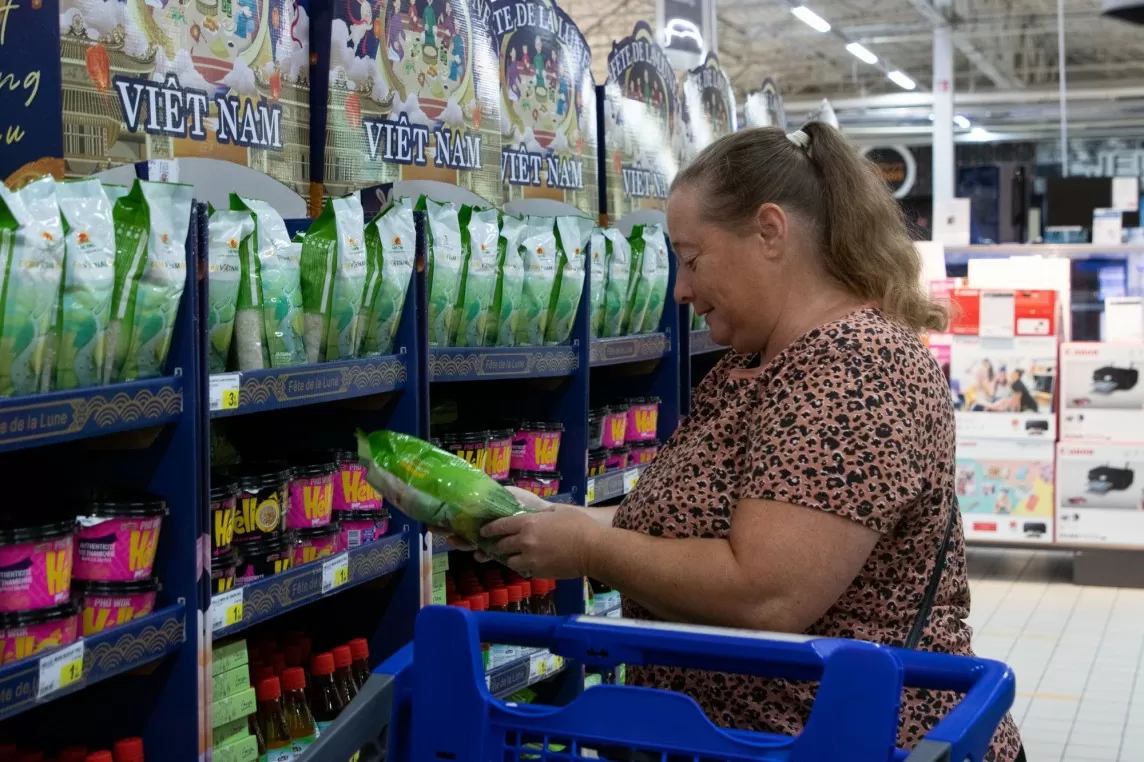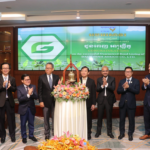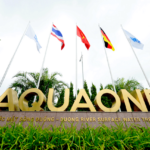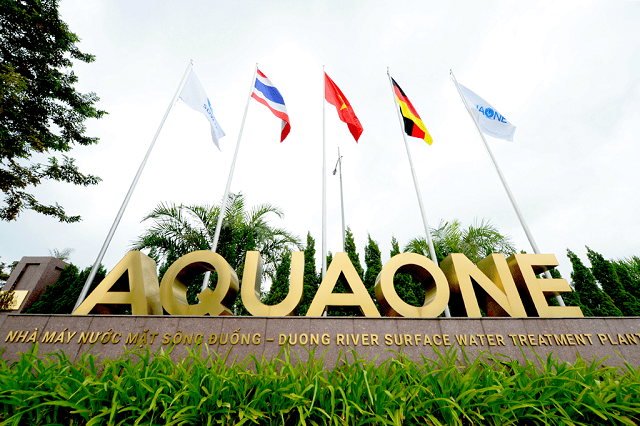At a recent meeting proposing the establishment of the National Rice Council, chaired by Minister of Industry and Trade Nguyen Hong Dien and Minister of Agriculture and Rural Development Le Minh Hoan, Minister Dien shared a thought-provoking story. Despite the tireless efforts of authorities to open doors for Vietnamese rice in demanding markets like the US and EU, many businesses are missing out on these opportunities.
The Minister explained that Vietnamese rice exporters still prefer selling to less demanding markets that require fewer product standards and purchase in bulk. In contrast, more demanding markets offer higher prices but also mandate higher standards, requiring attention to packaging, design, and product quality. This could be a reason why businesses are reluctant to explore these markets, despite Vietnamese rice being granted market access.

Loc Troi rice sold in French supermarkets. Source: Loc Troi Group
Firstly, it is important to acknowledge that gaining market access for a Vietnamese product in foreign markets is no easy feat. It can take decades and hundreds of inspections, from soil and water sources to seeds, fertilizers, and pesticides, as well as product color, flavor, and quality. This process also entails significant costs and the dedication of Trade Offices, diplomatic agencies, and domestic ministries.
However, as Minister Dien emphasized, no matter the challenges, the authorities strive to make it happen. The story of Vietnamese rice is not just about the farmers’ rice bowls or domestic food security; it’s about building a strong Vietnamese brand. Vietnam has transformed from a hungry, rice-importing nation to a leading rice exporter, contributing to global food security.
Moreover, Vietnamese rice is of exceptional quality, consistently winning awards in international competitions. ST25 rice, for instance, has been crowned the world’s best rice twice. Vietnam can proudly claim this achievement.
With quality, quantity, and a compelling story, the only missing piece is a strong national rice brand.
This is why the authorities are determined to break into demanding markets. Only by entering prominent markets like the US and EU, with Vietnamese rice clearly labeled and packaged, can we create the perfect springboard for building a successful brand. These markets are vast and set high standards, so even with lower initial volumes, Vietnamese rice will gain exposure and recognition. Once established, consumers in these markets will be willing to pay a premium for the product.
In a previous interview with Cong Thuong Newspaper, Mr. Nguyen Duy Thuan, former CEO of Loc Troi Group, revealed the extraordinarily high price of $4,000 per ton that Loc Troi’s rice commanded in French supermarkets. That’s nearly ten times the average export price of Vietnamese rice. After a successful introduction, Loc Troi rice often sold out due to high consumer demand.
However, not many businesses have achieved what Loc Troi has. Meanwhile, incidents like bid-rigging, which have been exposed by authorities, tarnish the reputation of Vietnamese rice.
Undoubtedly, Vietnamese rice is of high quality and competitive, but brand building is never simple.
Loc Troi’s journey teaches us that establishing a rice brand is a lengthy and costly process. However, a strong brand is a valuable asset that inspires consumer loyalty and commands a premium. It also enhances the product’s standing in the global market, reflecting positively on its country of origin.
While brand building is challenging, businesses are not alone in this endeavor. Authorities have been supportive in market access, and programs like the National Brand and the National Trade Promotion Program are in place to facilitate this process.
Furthermore, the recent joint meeting of the Ministers of Industry and Trade and Agriculture and Rural Development, seeking opinions on establishing the National Rice Council, received overwhelming support. This Council will play a pivotal role in policymaking, providing solutions to emerging issues, handling diplomatic matters, and promoting the image of the Vietnamese rice industry to the government and the Prime Minister, fostering the sustainable development of the rice sector.
With this solid foundation in place, businesses need to stay committed to these demanding markets, and together, we can elevate Vietnamese rice from obscurity in the global arena.














